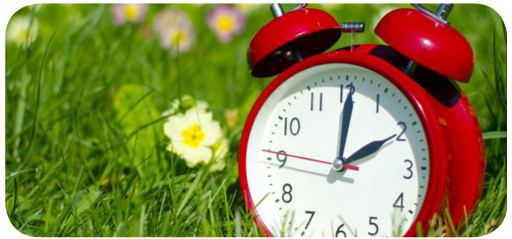TURNING TIME BACK
Each spring, individuals set their clocks ahead one hour, officially transitioning into a period many have come to dislike – daylight saving time.
Popularized at the start of the 20th century as a way to make more use of the sunlight, the practice has been debated extensively about its effectiveness in the current age. In fact, the more research that goes into the psychological impact of sleep, the cause for ending the yearly time change becomes increasingly more pressing.
In this era of innovative lights, television and computer screens, American lives are controlled less by the cycle of the sun than by the clock. Thus, the need for the time change seems to lessen by the minute.
As far as the individual experience related to daylight saving time, the studies remain consistent through the years. The extra hour of sleep in the fall is easier to adjust to for most than the lost hour in the spring, all governed by a circadian rhythm that is slow to shift.
Although a few studies have demonstrated an increase in traffic and workplace accidents on the “sleepy Monday” after the time change, the evidence for an increase in accidents is weak at best.
All the while, the shift to daylight saving time creates a version of jet lag in which there are several days where individuals simply cannot sleep normally. This change can be particularly difficult for families with pets that cannot understand why they are suddenly being fed or walked at a different time.
Research on the impact of sleep deprivation demonstrates that the younger individuals are, the more likely that the previous night’s rest will affect the next day. Children and teens are particularly vulnerable; the lost sleep disrupts their ability to study and to learn effectively. Eventually, the school days following the spring time change become increasingly less efficient as a result.
Daylight saving time creates one more factor that disrupts an individual’s ability to develop quality routines within their circadian rhythm. By eliminating this antiquated practice, the well-rested nation as a whole can expect to have stronger habits and more structured lives.




